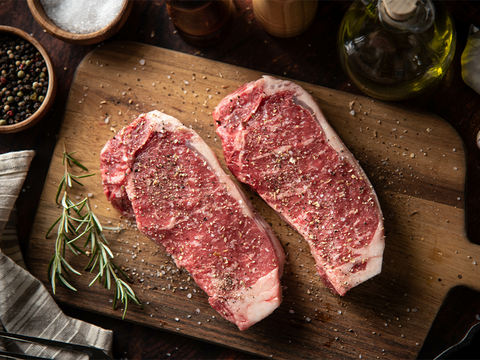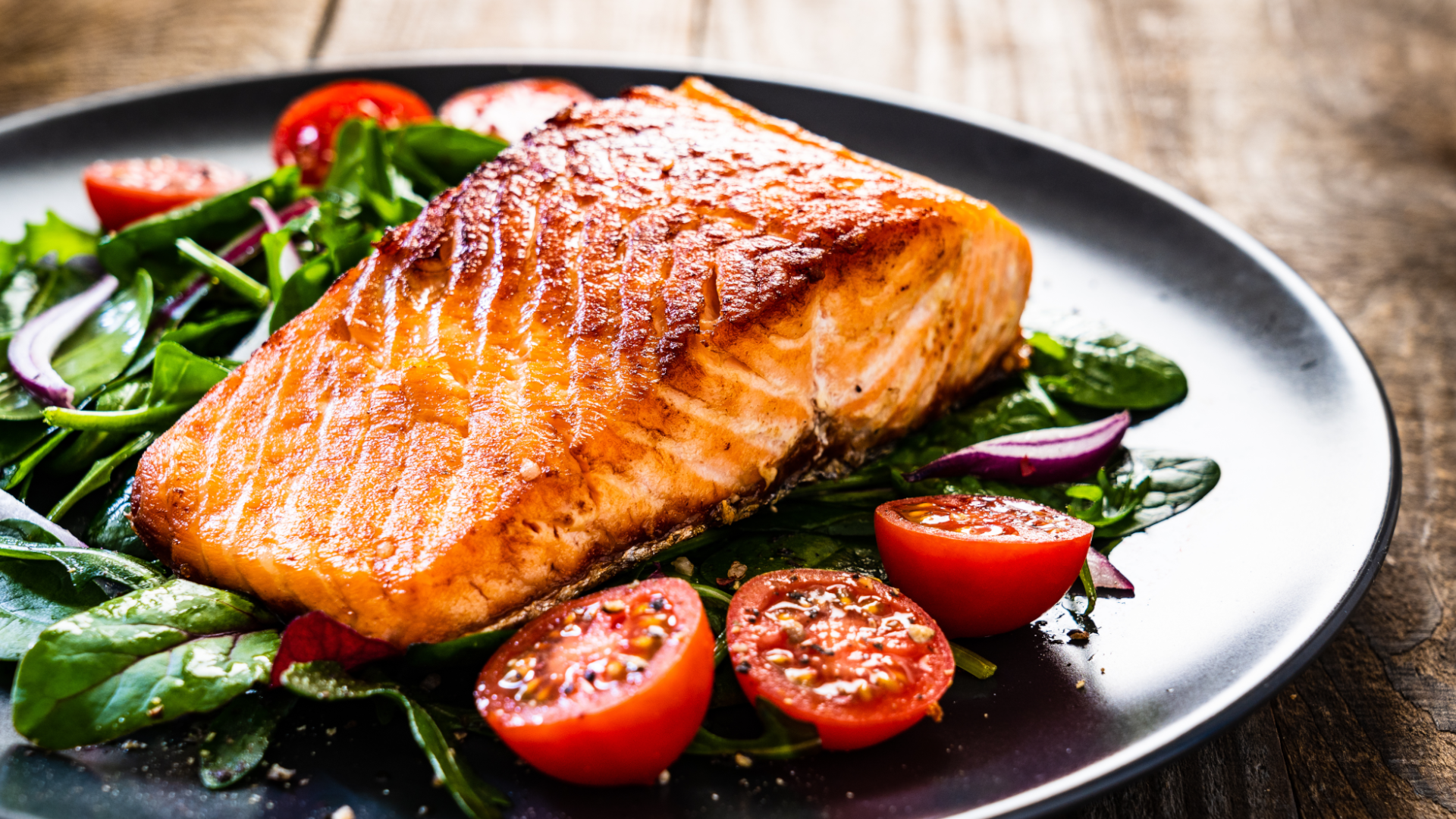Grab your cheat sheet |
If there is one thing that all nutrition, health and fitness professionals can agree on, it’s that the majority of adults need to eat plenty of protein to achieve their goals, whatever they may be.
While it is fairly unlikely you will accidentally eat too much protein, it isn’t impossible. There are also certain groups of people who have to monitor their protein intake due to the medical conditions they suffer from.
So how much protein is too much?
How much protein do you need?
The Dietary Reference Intakes (supported by the US government) recommends that adults eat a minimum of 0.8 grams per kilogram of body weight per day to prevent protein deficiency and its related health issues. Protein is full of essential amino acids which we need for many bodily functions.
However, adults who engage in exercise should aim to eat more, with the top athletes requiring as much as 2 grams per kilogram of body weight to achieve optimum results from their training.
If you are hitting the gym 3-5 times per week, a target of 1.5 - 1.8 grams per kilogram of body weight will usually be sufficient.
If you are interested in finding out how best to hit this target, take a look at “What is the best way to get protein into your diet?”
Can I eat too much protein?
There is no definitive answer as there isn’t a great detail of research on the subject. It also depends on factors such as your age, weight and activity level. Professional athletes who work out for hours daily, can often safely consume as much as 3.5 grams of protein per kilogram of body weight per day. However, the average adult is advised to stick to a limit of 2 grams per kilogram of body weight over the long term.
So what does this look like in real terms?
For the average adult weighing 90kg, following this limit would require sticking to a maximum of 180 grams of protein per day.
If they ate the following, they would hit that limit:

A 90kg adult is likely to feel full after all that food, especially combined with your daily fruit, veggies and carbohydrates. So eating more than the 2 gram per kg limit every day would take a serious concerted effort and it isn’t a risk for most of us.
What happens if you eat too much protein?
Although it is unlikely that you are overeating protein, it is essential to be aware of the adverse side effects that can occur with overconsuming protein.
Dehydration
Have you ever felt extra thirsty after a high-protein meal or a protein shake? Our bodies need plenty of water to flush out the nitrogens found in protein-containing foods, so people on a high-protein diet need to drink more water.
There are many health issues related to continuous dehydration, but this is easily avoided if you drink plenty of water throughout the day.
Digestive issues
This is connected to the point above, as our body generally finds it more difficult to process protein. Protein-related constipation or diarrhea can usually be relieved by increasing your intake of fiber and by drinking more water.
Kidney damage
Kidney Damage is something that many people worry about in relation to protein consumption. Rest assured that there is no scientific evidence showing that a high-protein diet can damage the kidneys of a healthy adult.
If, however, you have existing kidney disease, a high-protein diet can have a negative impact. Our blog “Is protein powder safe to take for your kidneys?” provides more details on this.
Can high protein diets lead to heart disease?
While protein itself doesn’t increase your risk of heart disease, many high-protein foods are also high in saturated fat. Red meat and some dairy products contain a great deal of fat, so we shouldn’t rely on these alone to maintain a high protein intake.
Lean proteins such as fish, tofu, chicken, beans and peas are all low in saturated fat. These also have a lower calorie-to-protein ratio.
Protein and body weight
While a high-protein diet is recommended for weight loss, eating too much of anything can cause weight gain. Even if you are eating all the right things, you have to ensure that you are burning as many calories as you are eating. Excess protein, which you don't burn off, will be stored as fat and can lead to weight gain.
Some diets recommend cutting out almost all carbohydrates in favor of protein, but this can lead to tiredness, lack of energy and binge eating. As always, balance is vital.
It is also worth keeping an eye on the calorie content of some high-protein foods, such as red meat and nuts.
Can high protein intake lead to protein poisoning?
If you eat a sole protein diet with no fats or carbohydrates, you could be at risk of protein poisoning, also known as ‘rabbit starvation’. This is an extremely rare form of malnutrition that can seriously damage your liver and kidneys.
If untreated, it can lead to fatality, but unless you are living in the wilderness and rabbits are your only food source, it really isn’t something to worry about!
Should I worry about my high-protein diet?
While it is theoretically possible to eat too much protein, it is pretty hard. It is much more likely that you should eat more protein rather than less. Aim for a balanced diet with plenty of protein-rich foods, healthy carbs, and fats. The exceptions are those experiencing kidney disease.
If you are in any way unsure, there are plenty of free apps which you can use to track your protein intake, such as MyFitnessPal. If you have any major concerns, contact a medical professional to discuss your diet and any potential side effects you are experiencing.



